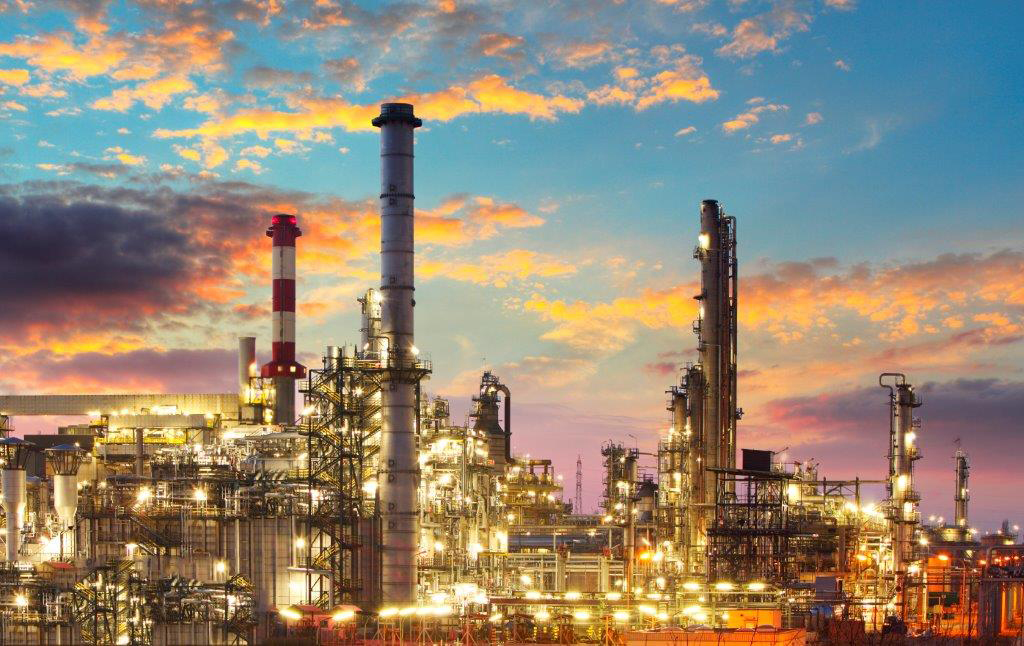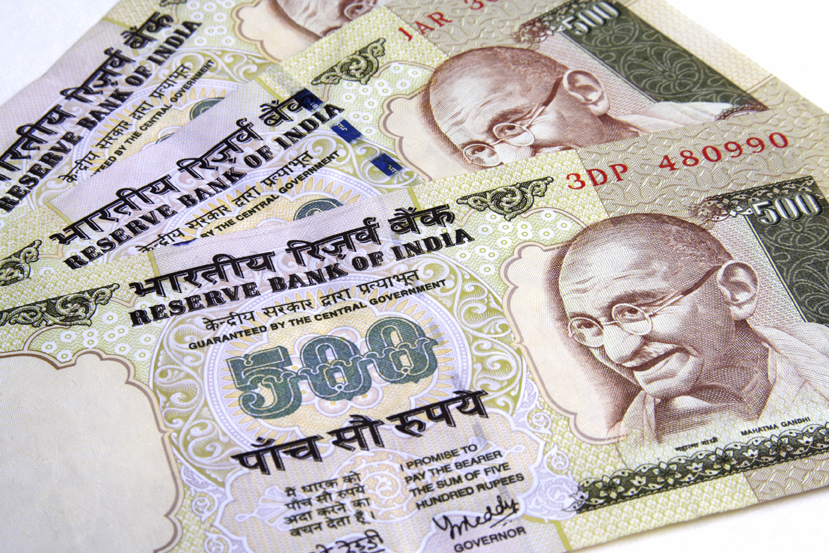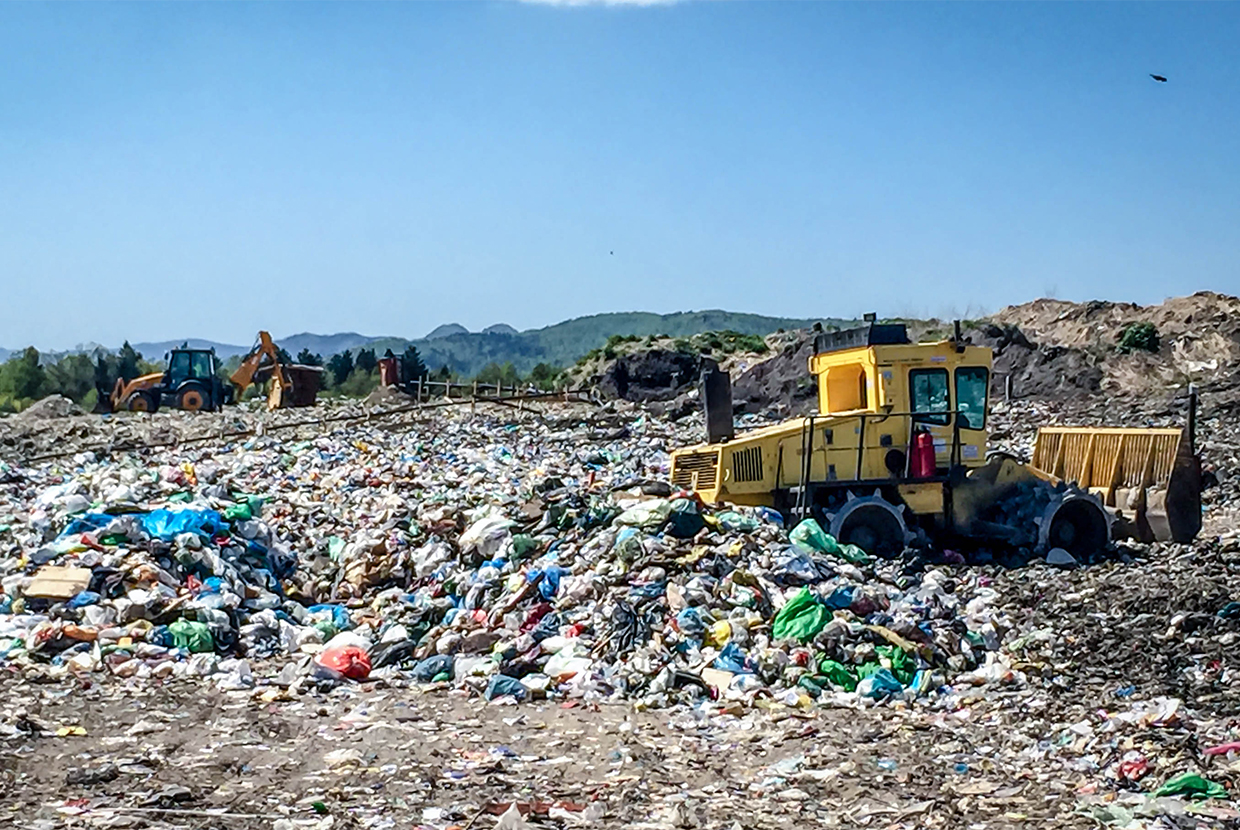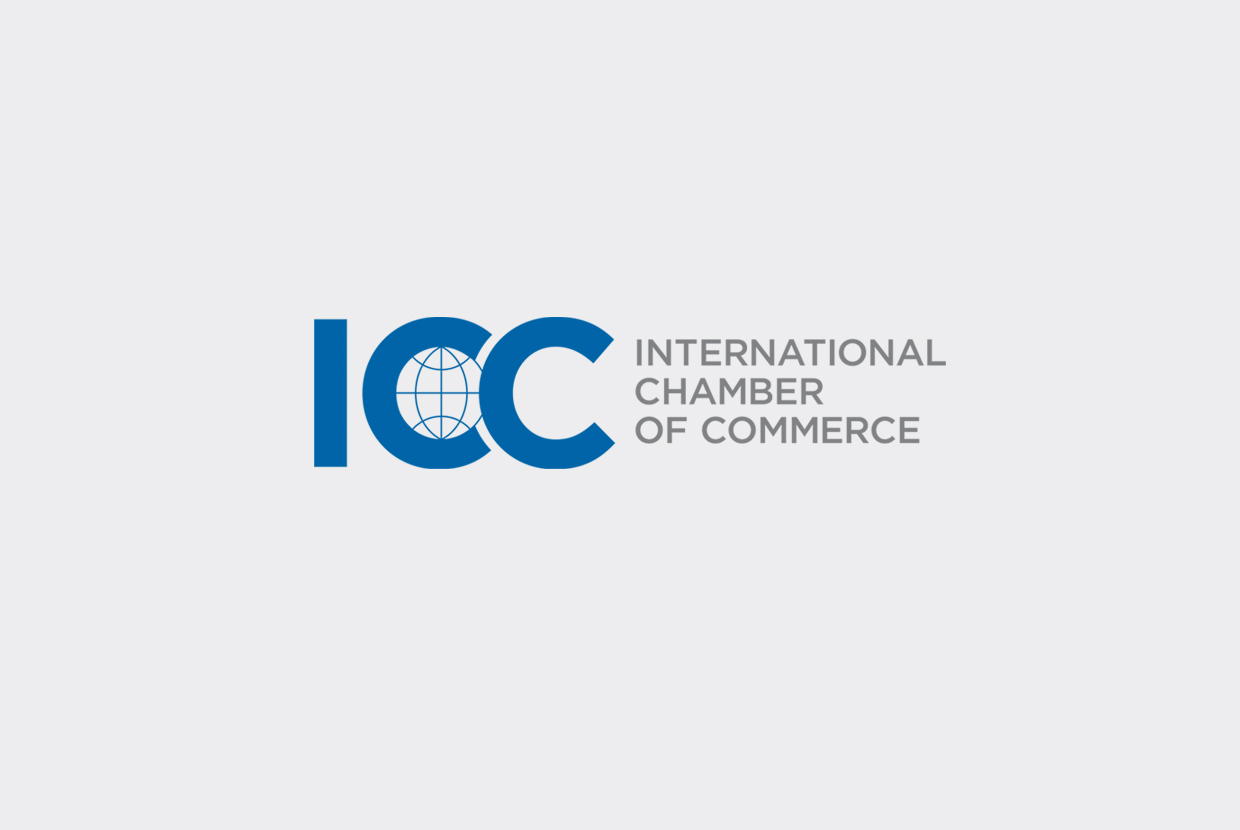A syndicate of 17 global banks and a number of export credit agencies (ECAs) successfully signed a US$14bn project financing in support of a liquefied natural gas (LNG) plant in Papua New Guinea (PNG) at the end of 2009.
The deal was signed on December 15, with one tranche oversubscribed and subject to scale-backs.
The project is the largest-ever pure project finance development closed in the energy sector to date. It is also the largest resource development to be carried out in Papua New Guinea.
The facility taps a diverse set of funding sources including both tied and untied ECA funding, commercial bank debt and sponsor co-financing.
Sponsors of the project are: ExxonMobil (33% stake); Oil Search (29% stake), and current operator of all producing oil and gas fields in Papua New Guinea; Santos (14%), one of Australia’s largest oil and gas exploration and production companies; Nippon Oil & Japan PNG Petroleum (5%), a Japan-based importer and distributor of petroleum products; and Papua New Guinea state entities (19%).
This conglomerate of sponsors is headed up by Esso Highlands, an ExxonMobil wholly-owned subsidiary taking the role of project operator and leading the project’s construction and LNG marketing efforts.
The funding package comprises US$8.3bn in commitments from ECAs; US$1.95bn of uncovered commitments from a syndicate of 17 commercial banks (without any ECA or political risk insurance cover); and US$3.75bn of co-lending from ExxonMobil.
Mandated lead arrangers on the transaction are: ANZ, BNP Paribas, Calyon, Crédit Industriel et Commercial, DnB Nor, Intesa Sanpaolo, Mizuho Corporate Bank, Natixis, National Australia Bank, Société Générale CIB (financial advisor), Standard Chartered, and Unicredito Mediocredito Centrale.
ECAs joining the facility are US Ex-Im, The Japan Bank for International Cooperation (JBIC), Nippon Export and Investment Insurance in Japan (Nexi), China Exim, Italy’s Sace, and Australia’s EFIC.
Once completed, it is hoped the PNG LNG project will combat poverty in Papua New Guinea by doubling its gross domestic product and tripling its export revenues. Global demand for LNG is forecast to almost triple by 2030, and the PNG LNG plant will be an important supply source to meet the growing demand, particularly from economies in Asia Pacific.
The project is a vertically integrated LNG development, comprising a liquefaction plant; 450 miles of onshore and offshore pipelines; as well as upstream development and associated infrastructure, led by ExxonMobil Corporation.
Phase one of the project has an estimated value of US$18.3bn. Export production is expected to commence in 2014.
Although formal commitments from the lenders have been made, and the necessary financing documents regarding the debt facility signed, financial close of the whole project is due in the first quarter of 2010.
Deal information
Borrower: PNG LNG
Amount: US$14bn
Mandated lead arrangers: ANZ, BNP Paribas, Calyon, Crédit Industriel et Commercial, DnB Nor, Intesa Sanpaolo, Mizuho Corporate Bank, Natixis, National Australia Bank, Société Générale CIB (financial advisor), Standard Chartered, Unicredito Mediocredito Centrale Sponsors: ExxonMobil, Oil Search, Santos, Nippon Oil & Japan PNG Petroleum, PNG state entities, Esso Highlands (an ExxonMobil wholly-owned subsidiary)
ECAs: EFIC, China Exim, JBIC, Nexi, Sace, US Ex-Im
Tenor: 15 years
Date signed: December 15, 2009










